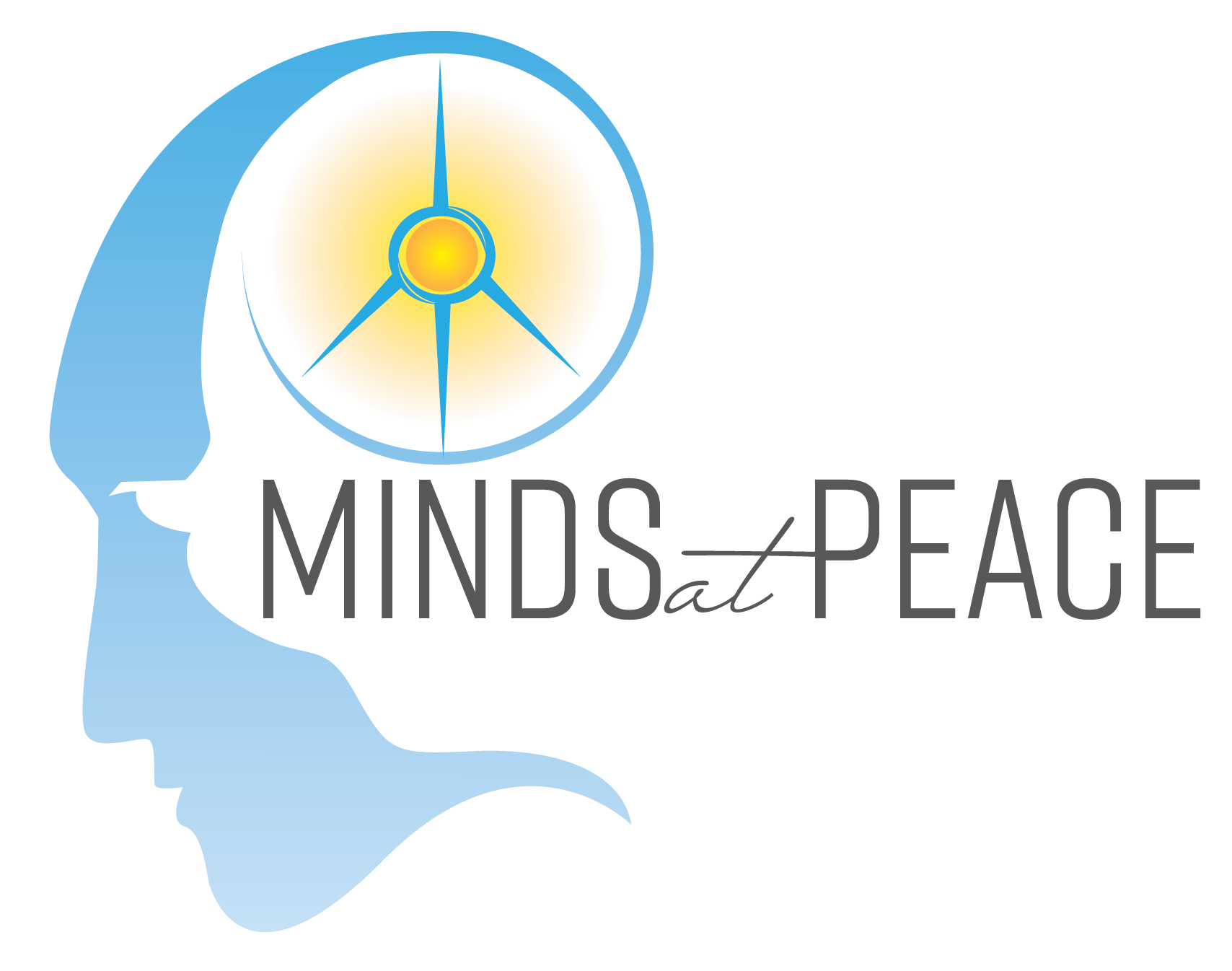Alcohol and Uber: A double-edged sword
There’s good news and there’s bad news. And they are probably related.
Since the introduction of ride sharing apps Uber and Lyft, the number of DUI arrests and convictions have decreased dramatically. In Georgia there’s been a 34% decrease in convictions. In South Florida 31% and in multiple cities across California a decrease from 14-32%. With easy access to rideshare, many individuals, particularly millennials, are leaving their car at home when they head out to drink. Who knows if Steve Jobs imagined his little phone would lead to this particular benefit. I’ve even heard of attorneys, whose practices were based upon clients with DUIs, going out of business.
So this is good right? It’s certainly is good that less people are driving drunk. But there’s a problem and the statistics are revealing. Alcohol consumption over the same period of time is up, way up. Alcohol consumption is particularly high among women with an increase of 58% identified as high risk drinking and an 84% increase in those identified with alcohol abuse or dependence. And many women are completely unaware that just 3 alcoholic drinks per week increases their risk of breast cancer by 15%.
African-Americans have shown a 93% increased rate for abuse and dependence, and older adults a 65% increase.
And around the rest of the world the picture is just as bad with one researcher labeling the 70% increase in annual worldwide consumption of alcohol “unprecedented.”
Some public health researchers suggest that improvement in the economy accounts for some of the increase. But there is also a case to be made for the role of Uber and Lyft. Without the worry and fear of being caught driving intoxicated, people, particularly millenials, are consuming more and more alcohol, starting earlier in the day, without regard to the long term effect on their physical and mental health.
With all the focus of the media on heroin and opioids, many have lost sight of the rise and danger of alcohol consumption. I see more and more clients who recognize that alcohol is a problem, but struggle because their entire social or business life is surrounded by drinking. With every new trendy bar there is an increase in acceptability of heavy alcohol consumption. The healths problems related to alcohol (and the usual accompaniment of cigarettes) pose a significant problem for individuals and the country. So the next time you or someone you’re with hails an Uber/Lyft have a plan about how much you will drink. And if you can’t stick to that plan, we should probably talk. Or text. Because it’s only going to get worse.
Does this blog speak to you? Or maybe to someone you care about? I want people to get the help they need before things get worse. So $50 off the first session to any new client who mentions they read this blog. Please share this post lovingly.

